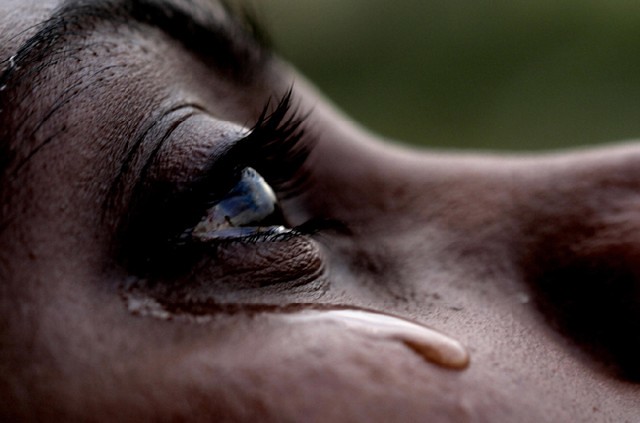 |
| photo courtesy of honikum |
Many lives are lost and affected daily due to natural and man-made disasters. Countless hearts are broken and bucket of tears are shed everyday. Where is God amidst all the pain and suffering? The problem of evil, possibly the most serious argument against the existence of God, can be stated simply as follows:
- An omnibenevolent (all-good) God would not want evil to exist.
- An omnipotent (all-powerful) God could prevent evil from existing.
- Evil exist; therefore, an omnibenevolent or omnipotent God does not.
“Everybody Hurts”
– R.E.M.
Pain and suffering is experienced by everybody, both believers and non-believers alike. The difference is, for atheists, life is just is – pain and suffering is what one should expect in a world without God. On the other hand, the theist, Christians in particular, must reconcile the problem of evil with their belief in a God who is omnibenevolent and omnipotent. In other words, Christians look for meaning and purpose of pain and suffering, while atheists seek neither.
“I maintained that God did not exist. I was also very angry with God for not existing.”
– C. S. Lewis
Of all the objections against the existence of God, the problem of evil is perhaps the one most rooted in emotion rather than intellect. Pain and suffering are not just theories, but are daily realities. We want to heal our hurts; not dwell on our distresses.
Peter Kreeft wrote that to ask “if there is a God, then why does evil exist?" is not the same as when philosophers asks “Why?”, but is rather like that of a "little child with tears in its eyes looking up at Daddy and weeping, "Why?"". In other words, the problem of evil, at its core, is not so much a matter of reason as it is of rebellion.
wrote that to ask “if there is a God, then why does evil exist?" is not the same as when philosophers asks “Why?”, but is rather like that of a "little child with tears in its eyes looking up at Daddy and weeping, "Why?"". In other words, the problem of evil, at its core, is not so much a matter of reason as it is of rebellion.
1. Introduction
2. Mystery of Misery
3. Good Job
4. Of Evil and "Non-things"
5. Free Fallen
6. Non Serviam
Peter Kreeft
1. Introduction
2. Mystery of Misery
3. Good Job
4. Of Evil and "Non-things"
5. Free Fallen
6. Non Serviam
No comments:
Post a Comment